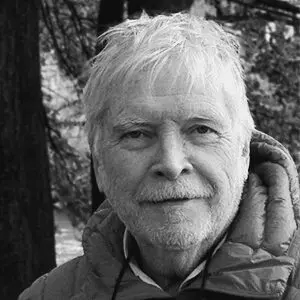This 2 day workshop is designed for graduates of the Jungian coaching certificate program. We will explore the topic of fear and how it plays out in the individuation process of both the coach and the client.
2
2.5 hours
What you will receive
2 video & 2 audio recordings
Access to your own Jung Platform account where all the content you've purchased will be stored.
Course Description
Fear is a universal human experience. It is the voice of the psyche, signaling a threshold to growth. From a Jungian perspective, fear is not an enemy. Fear is a guide. It points to what we avoid, deny, or repress. In other words, it points to our unlived life. To look at our fears and confront fear is to step into dialogue with the unknown. How is the unconscious force of fear informing our choices? Avoiding fear may preserve comfort but at the cost of wholeness (and meaning).
In coaching, fear often manifests as hesitation, perfectionism, or self-sabotage. For those setting up a business, fear speaks as doubt. A doubt of worth, capability, and if it has a future. It asks: Who are you to step into this power?
Such fear might be archetypal, drawing from ancient survival patterns. We will explore what is behind it. And we will also look at it as an invitation to align with your purpose. It’s an invitation to move beyond ego’s need for control into the larger flow of the soul.
In working with clients, fear also becomes a key signpost. It reveals their edge, the place where courage is called forth. A coach must hold space for fear, neither diminishing it nor amplifying it. Coaches want to help clients relate differently to fear. The question is not ‘How do I eliminate fear?’ but ‘How to relate to fear?’
Knowing how to do this in a client, requires us to be consciously aware of our own relationship to fear. In our practice it might show up as wanting to do good, a fear of failure or judgment. It can distort your functioning into over-doing or the opposite, paralysis. As coaches, part of our work is to model a wholesome relationship to fear. This is to sit with fear, listen to it, and sometimes walk forward despite it.
This course is ideal if you want to:
- Identify personal fears and their impact on decision-making, relationships, and coaching practice.
- Explore the psychological and physiological roots of fear.
- Apply techniques to manage fear responses in yourself and in coaching sessions.
- Guide clients in being with fear as part of their individuation process.
Course Overview
Day 1 Fear, anxiety and coaching
We will explore the differences between fear and anxiety. (For ease of communication hereafter both are referred to as fear.) Fear in setting up your coaching practice might reveal deeper patterns: old beliefs about self-worth, competence, and/or fear of visibility. It is more than a reaction to external challenges; it signals an inner call to grow into a fuller version of oneself.
Fear also impacts the way you exercise your role as coach. It impacts the relationship between you and your client.
When fear is triggered our coping mechanisms are triggered. Often we are unconscious of it. This unconscious factor however does influence the way we deal with fear, whether be our own fear or that of our clients. By acknowledging fear and exploring its roots, you uncover limiting stories that you carried for years.
Awareness of these patterns enables transformation. It helps to turn fear into a guide for meaningful development and aligned action.
Day 2 Engaging with fear
On this second day we will explore fear and its impetus for transformation. What is the deeper invitation? Is there an ask to engage more deeply with life?
Fear often arises from the unconscious, shaped by unresolved wounds and denied parts of ourselves. To deal with it, we must face these hidden aspects and bring them into our awareness. Individuation requires embracing all parts of our being, even those we may find uncomfortable.
Fear might also keep us from our direct experience of life. As a result we are not fully present. On this second day we will look at paths that lead us to a deeper awareness: one through ‘integrating the unconscious’ and the other through body bodywork. This will help us develop a more aware and healthier relationship to fear. Ultimately that will enable richer relationships and a fuller embrace of life’s possibilities, for ourselves and our clients.
Scholarships
We here at Jung Platform want to make these programs available to anyone. If you would love to participate yet can’t pay for the full course, then please send us an email at [email protected] and describe why you feel you qualify for a scholarship, how much you can pay, and what you will do to help the Jung Platform promote this and other programs.
The Jung Platform Guarantee
We stand by our programs. If within 30 days of your purchase or the live course start, you're not satisfied, we offer a replacement or a full refund.
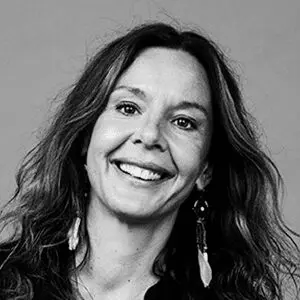
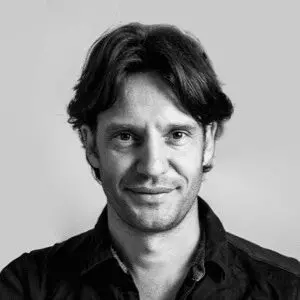



 5 Teachers
5 Teachers 

 14 Teachers
14 Teachers 
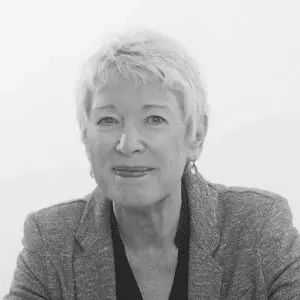
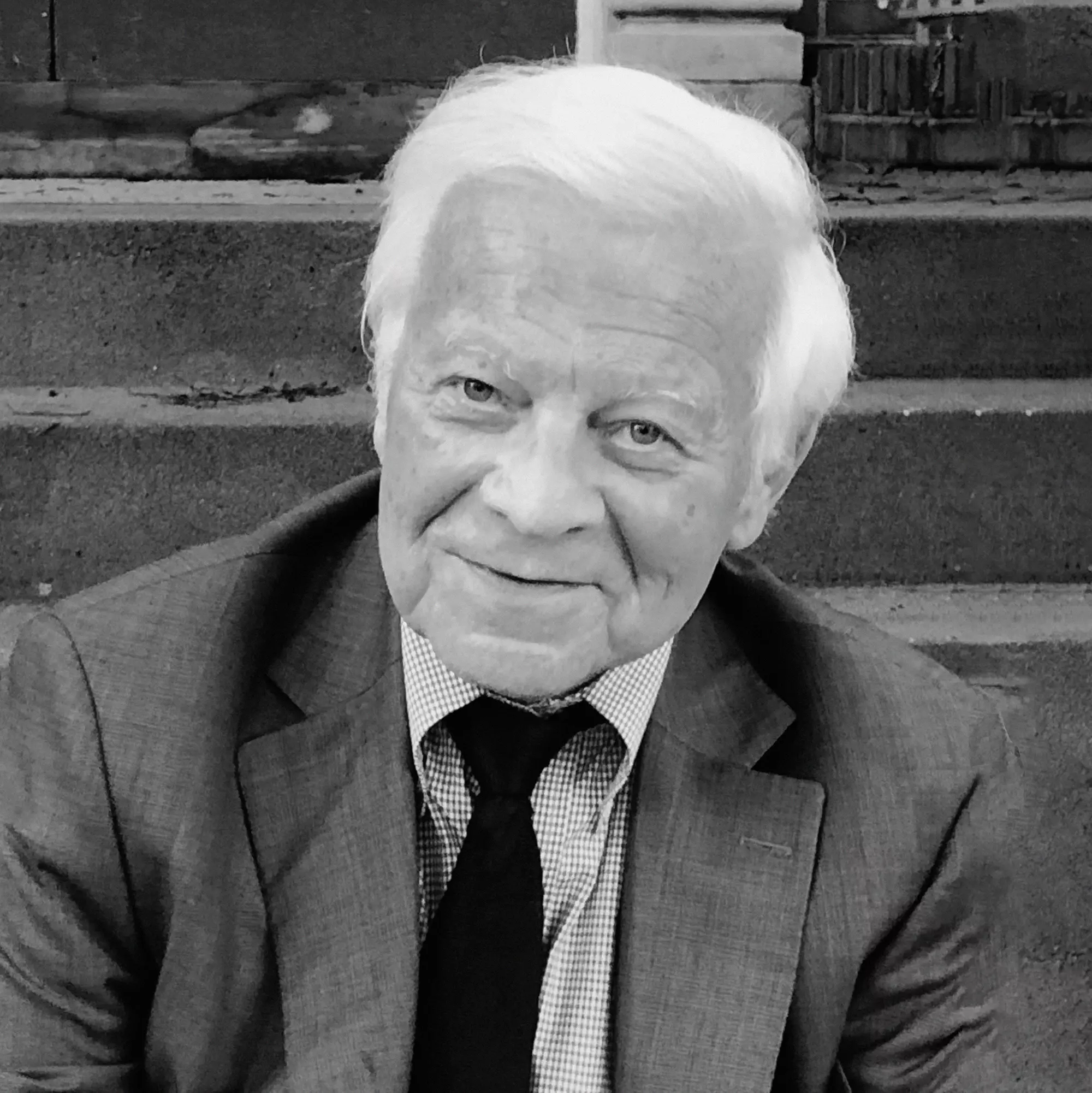 10 Teachers
10 Teachers 









